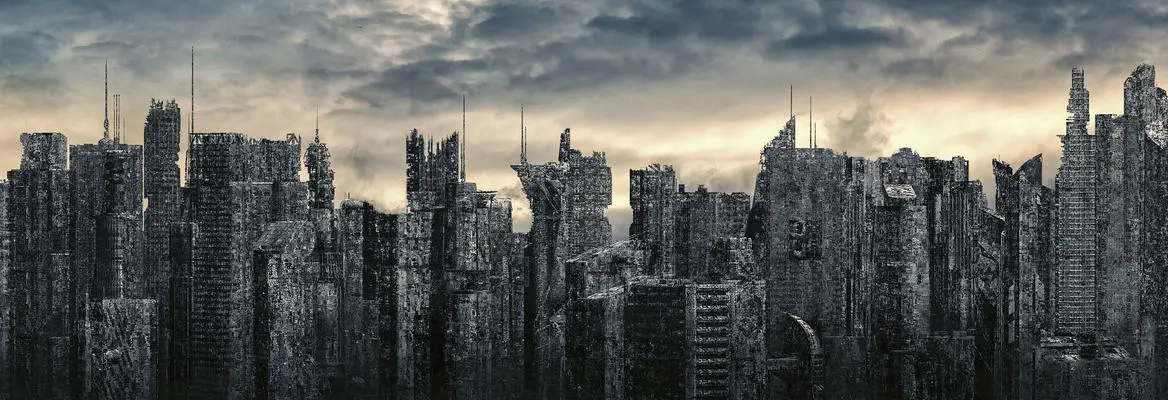Post-apocalyptic scenarios fascinate us, as protagonists are thrown into a Hobbesian world of savagery and betrayal. These stories remind us of the precarious nature of human existence, made all the more apparent by the Covid-19 pandemic, and provide an opportunity to test our moral virtue.
A virus is released from an experimental laboratory in Cambridge, which causes uncontrollable and deadly rage in its victims. When it infects the people of Britain, they transform into a zombie-like state, resulting in mass carnage and the eventual collapse of society. In the middle of this, a man named Jim awakes from a coma to find London mostly deserted and uninhabited 28 days after catastrophic events first struck.
If this scenario sounds familiar, that is because it is the plot of 28 Days Later, a film by the renowned director Danny Boyle which explores a post-apocalyptic scenario brought about by a deadly virus. This film, like a very great many others in the disaster genre, was not only a considerable success in box office sales, it also received a number of awards, and spawned a sequel (28 weeks later ) , a graphic novel (28 Days Later: The Aftermath), and was credited with beginning a revival of zombie films. Despite its popularity, the film’s poster leaves you in no doubt that watching this film will be terrifying and ought to disturb you. However, in the process, it will also entertain and titillate you.













Join the conversation